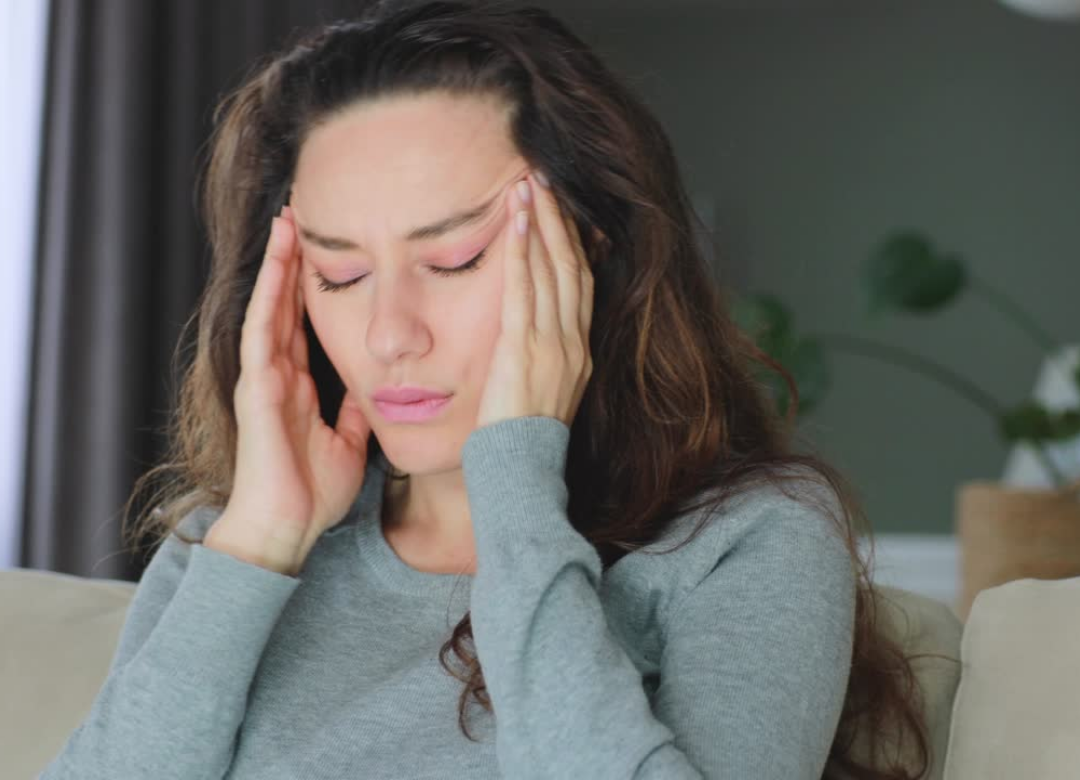A guest piece from Cooper friend and colleague Shelley Kemmerer
As the holiday season winds down, many parents, myself included, find ourselves staggering into the new year feeling a bit worn out and running on empty. It’s like completing one exhausting marathon only to find another looming ahead. As a Parental Burnout Strategist and PA-C, I assure you, slowing down isn’t just a box to check off on your daily planner—it’s vital for maintaining mental health, nurturing relationships, and rejuvenating parental enthusiasm.
The holidays, despite their sparkle and joy, often entangle us in a flurry of cooking, pre-gathering cleaning, and meticulous planning. We manage these gatherings with the precision of a maestro, but it’s essential to think about the cost. Recognizing the mental and physical strain of these action-packed weeks is the first step toward recovery.
So…how exactly do we do that?
Embracing a slower pace after the holidays often means consciously choosing to under-schedule. This can manifest in different ways, such as opting out of non-essential gatherings or deciding to leave events earlier than usual. The aim is to reduce the intensity and busyness of our schedules, allowing for more unstructured and restful periods. This approach to time management is not about missing out, but rather about prioritizing rest and personal well-being over a packed calendar.
Do you ever feel as though you’re expected to be an endless fountain of entertainment? Keeping kids entertained doesn’t have to solely fall on parents. Kids can be wonderfully inventive! Encouraging them to devise their own low-stress games like building a fort from cushions, drawing a family comic book, or creating a mini talent show lets them harness creativity while giving parents a bit of a breather. This approach teaches valuable life skills for their future, AND can be refreshing after a holiday season filled with scheduled activities and structured family gatherings.
It’s also important to consider how we can take care of our bodies after the holiday season. The end of the holidays might find us moving away from our usual routines, so it’s a good time to gently guide ourselves back to practices that support our well-being. This doesn’t necessarily involve intense, strict fitness regimens or major dietary changes, but instead considering small, manageable adjustments. Putting too much stress on making intense, immediate changes often leads to short-lived results and can add unnecessary stress, rather than cultivating lasting and meaningful transformation. Less can truly be more.
The “post-holiday blues” are real, and it’s okay to feel a bit deflated after the high spirits of the festive season. This can stem from tensions with family members, the poignant absence of loved ones we’ve lost, or the disappointment of unmet expectations. Acknowledging these feelings of sadness or frustration without guilt is a healthy way to process them. Engaging in conversations with friends about these challenges, writing down thoughts and feelings, or seeking professional help can provide support and perspective. Leaning on a trusted “safety net”—whether it’s family, friends, fellow parents, or professional support—can make this journey much lighter.
As we look beyond the holiday season, a key takeaway is the importance of releasing ourselves from the weight of external expectations. It’s okay to step back from the pressures of perfect gatherings or meeting everyone’s demands. This shift in perspective prioritizes our well-being and cherishes the unassuming, yet meaningful, moments with our family.
